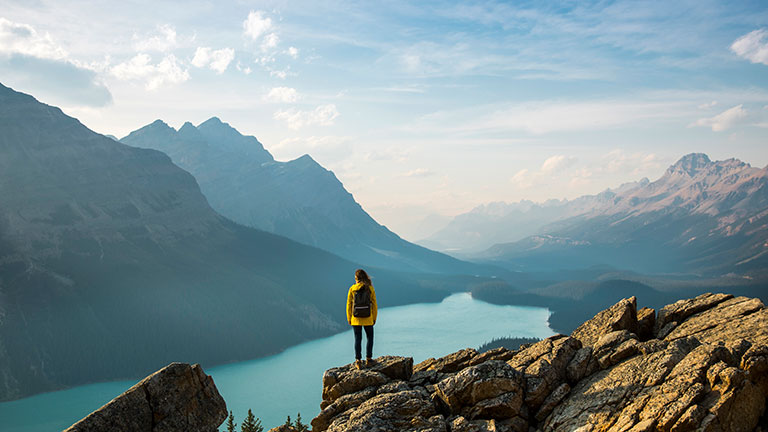Explore the historic capital of The Bahamas and the not to be missed Atlantis Resort.
^Total price one-way per guest. See terms and conditions.
Destination Basics
This beautiful retreat is situated on a quiet stretch of beach in Nassau on the powder-white sands...

Perfectly located within walking distance of the beautiful, white sandy beaches at Atlantis...

Grand Hyatt Baha Mar is a spectacular luxury resort...

Winner of the prestigious Five-Star Diamond Award, and located on Nassau's renowned Cable Beach.

The Coral at Atlantis is dedicated to multigenerational family fun...

The Cove is elegantly situated between Cove and Paradise Beaches creating the feeling of being cast away on a private...

The Reef offers the conveniences of home and the amenities of a luxury residential community...

The Royal is the icon of Atlantis featuring the awe-inspiring mythology of the Lost City of Atlantis risen from the sea...

Paradise Island's first all-inclusive "adult only" resort!































